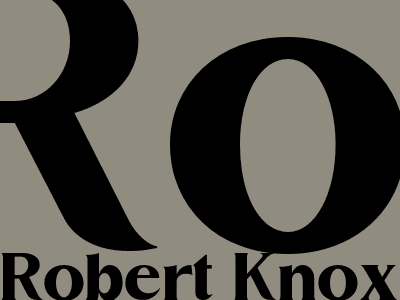Robert Knox: The Father of Modern Surgery
Early Life and Education
Robert Knox was born in Edinburgh, Scotland, in 1791. He initially pursued a career in the church but later turned to medicine, earning his MD from the University of Edinburgh in 1814.
Knox became renowned for his groundbreaking contributions to anatomy. He established the Edinburgh School of Anatomy, which became a prestigious center for anatomical research. Knox's innovative teaching methods, including the use of cadaver dissection, greatly advanced the understanding of human anatomy.
Contributions to Surgery
Knox's expertise in anatomy made him a skilled surgeon. He introduced several novel surgical techniques, including the first successful ligation of the subclavian artery and the first removal of a rib to treat empyema.
Knox also made significant contributions to the development of surgical instruments. He designed and used several innovative tools, such as the probe-pointed knife and the tourniquet, which greatly improved surgical outcomes.
Controversial Legacy
Despite his significant contributions to medicine, Knox's legacy remains controversial. He was accused of using the bodies of executed criminals for dissection without their consent, which led to a public outcry and the passing of the Anatomy Act in 1832.
However, Knox's defense was that he used the bodies of unclaimed corpses from the city's poorhouse, arguing that the practice was necessary for advancing medical knowledge. Nonetheless, the controversy surrounding his activities cast a shadow over his otherwise illustrious career.
Legacy and Impact
Despite the controversy, Robert Knox's contributions to anatomy and surgery were substantial. His innovative teaching methods and surgical techniques laid the foundation for modern surgical practice.
Knox's legacy lives on in the continued use of his surgical instruments and the recognition of the importance of anatomical knowledge in surgical training. His work paved the way for countless advancements in surgery, saving countless lives.

Comments